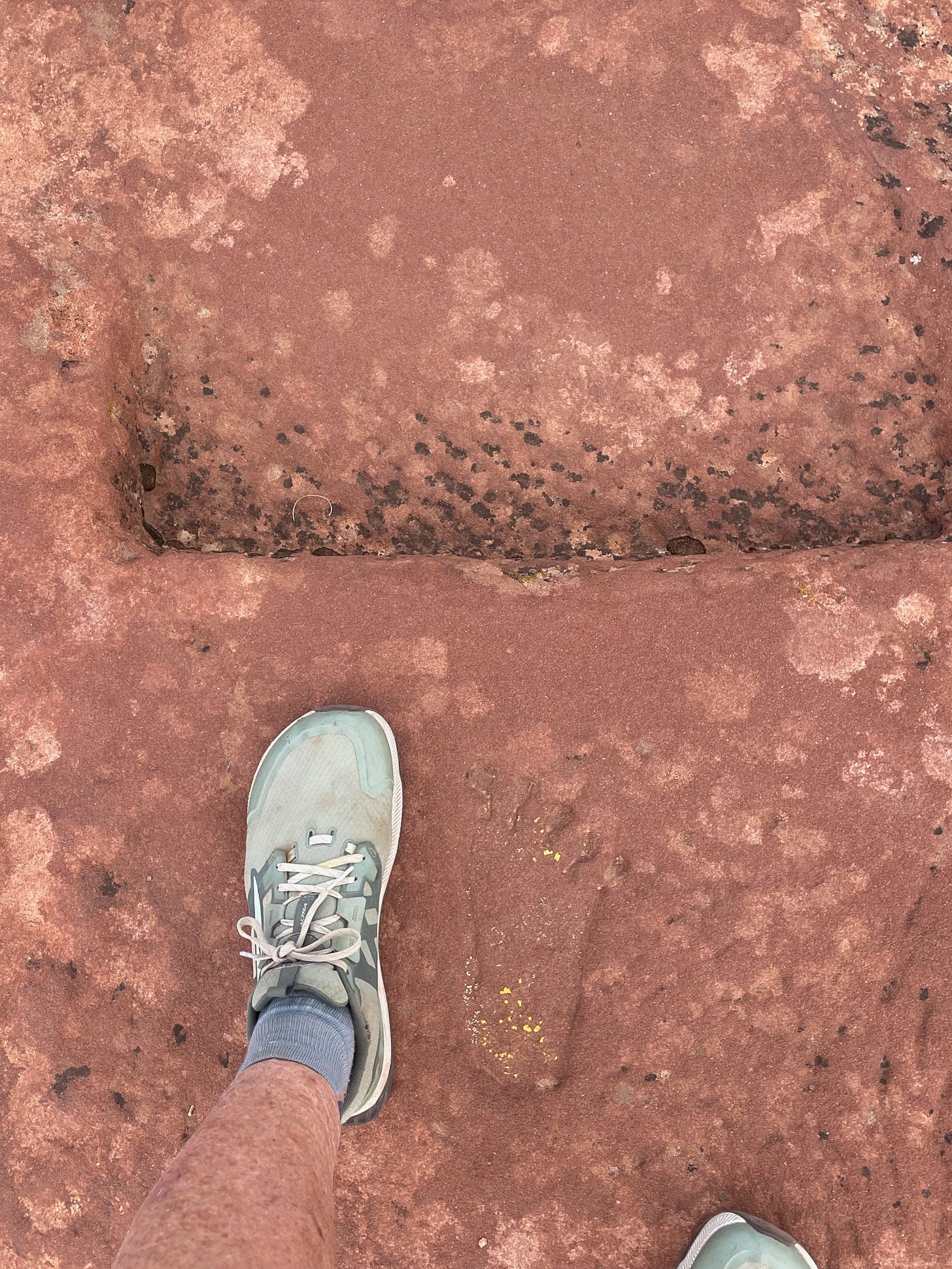President Biden stood on the podium and said it loudly and forcefully: “I apologize for what we did to your children in boarding schools. I apologize to Native Americans, Native Hawaiians and Alaskans. I apologize.” Biden said, “we should be ashamed; the government boarding school system is a horrific chapter in our history.”
Biden is a decent man. He re…





